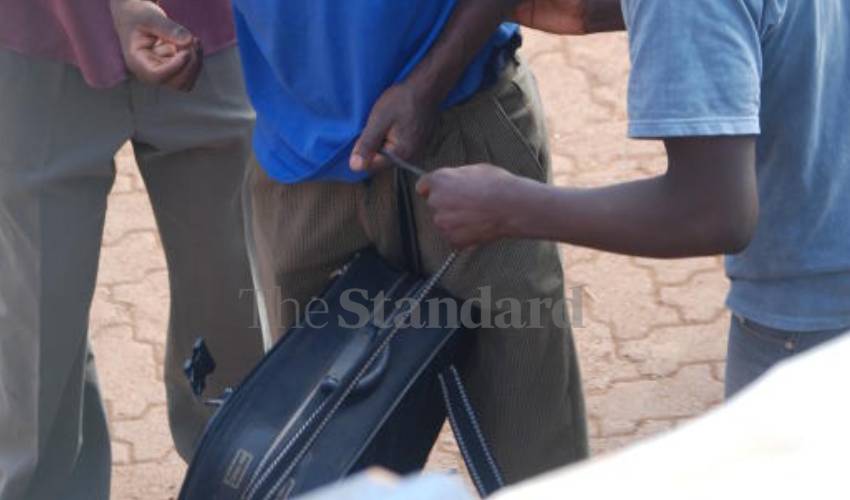×
The Standard e-Paper
Join Thousands Daily

Most of them are abusive and would not take it lightly if one boards a matatu they did not choose. [Denish Ochieng, Standard]
Hawaii, an estate in Kimumu, has a huge number of unemployed youth who earn their living from the matatu sector.